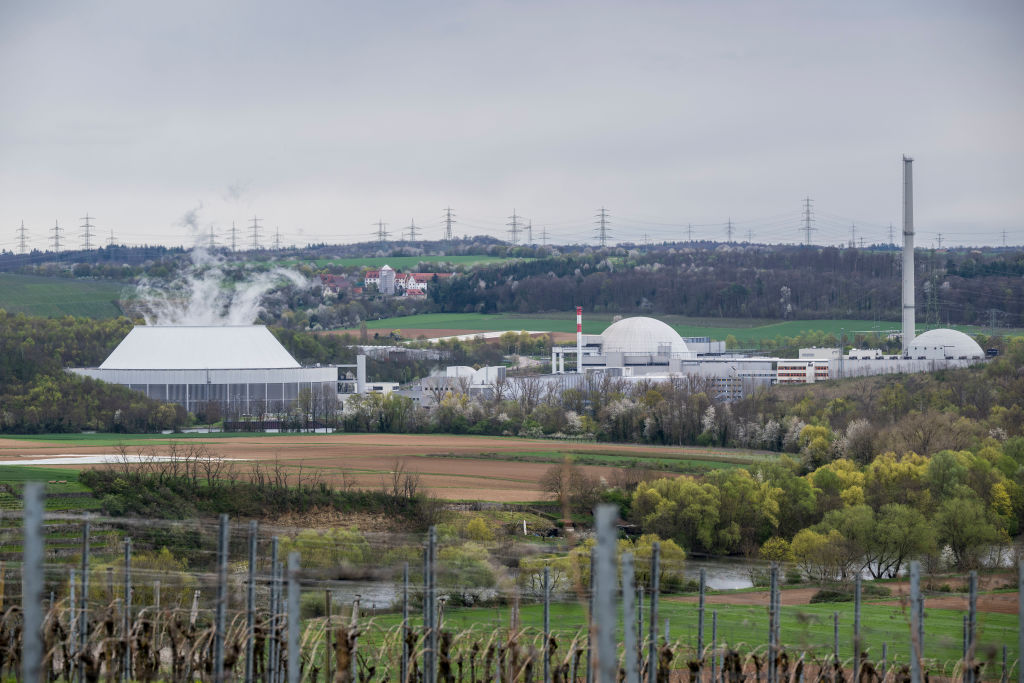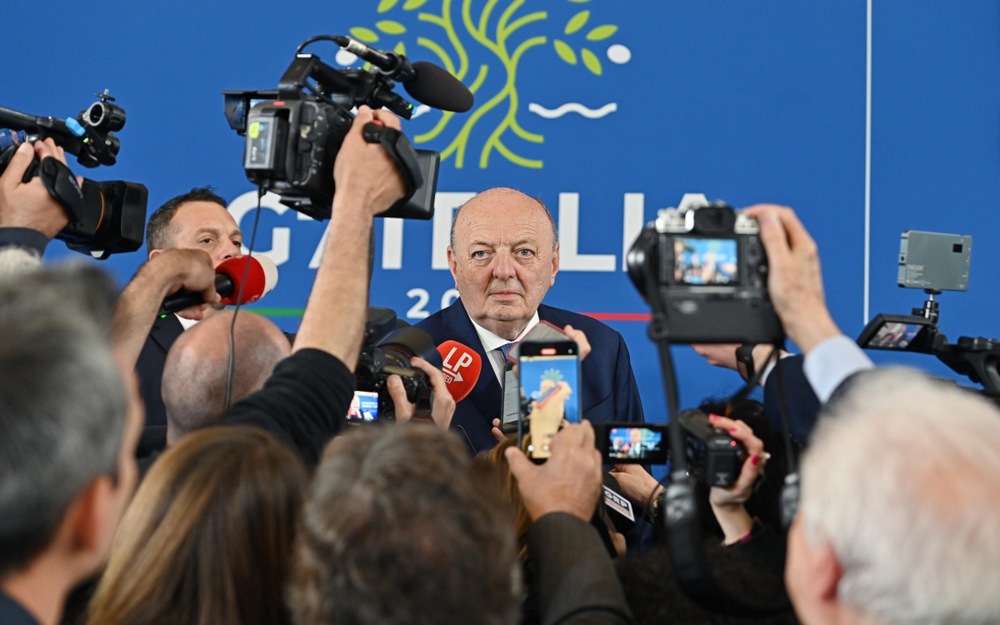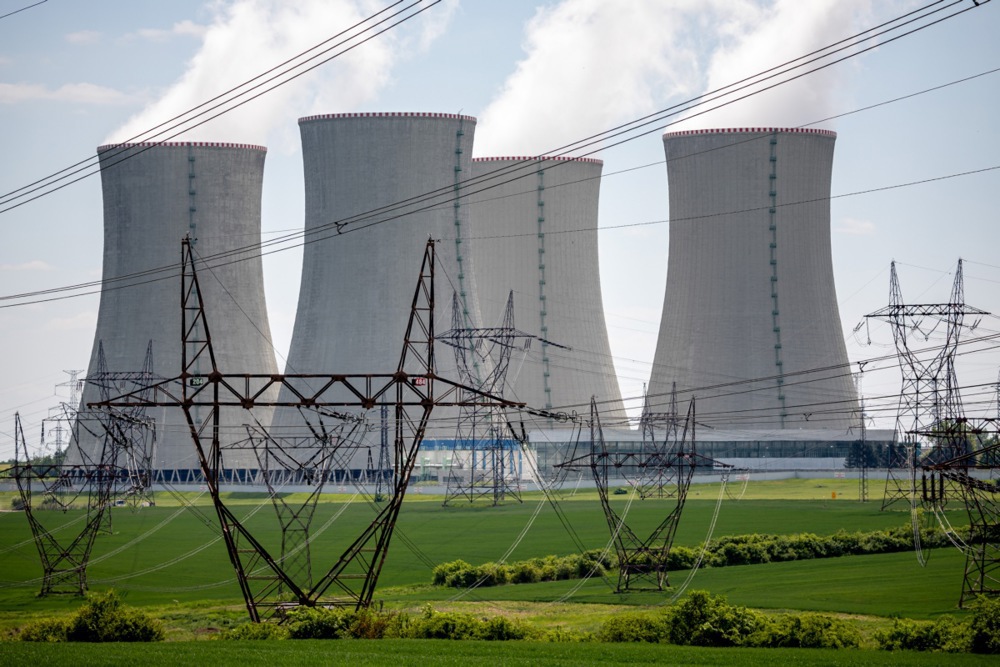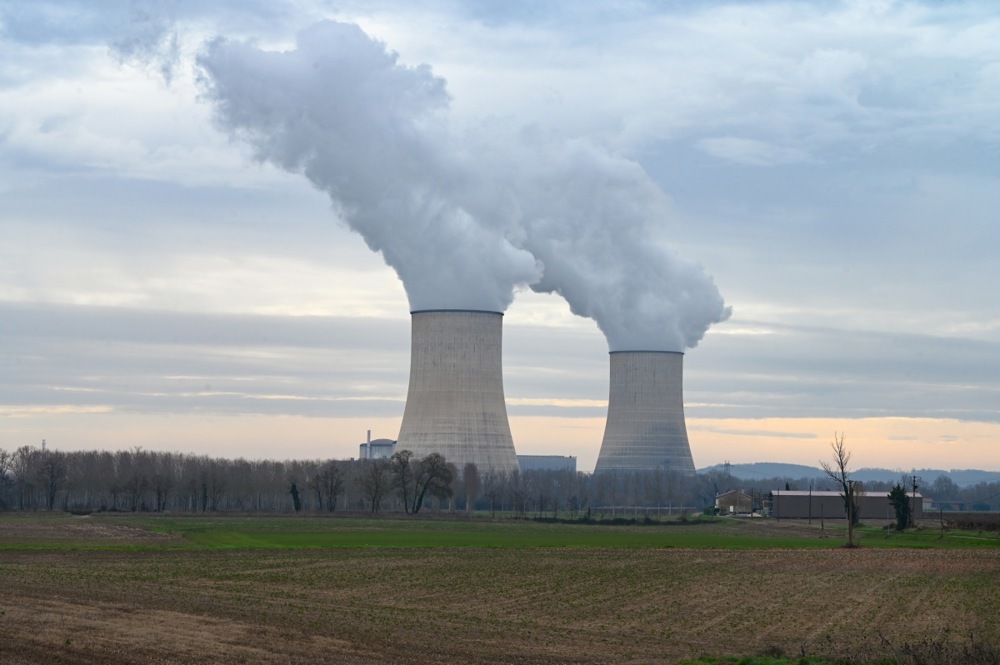The World Bank’s board has agreed to lift a longstanding ban on financing nuclear energy projects.
This move was part of a broader initiative to address increasing electricity demands and marked a breakaway from decades-old policy.
Since 1959, the World Bank had not supported any nuclear project.
Ajay Banga, president of the World Bank, communicated the latest decision internally through an email to World Bank staff.
In the email, seen by outlet World Nuclear News (WNN), it was stated that electricity was a fundamental human right and the foundation of development. Jobs required electricity – as did health systems, education, clean water, public safety and much more.
“Demand will only grow as populations expand, economies industrialise, and digitalisation accelerates,” it said.
The aim was to provide countries with the flexibility to deliver reliable energy to meet their development objectives.
This initiative was particularly crucial as electricity demand in developing countries was projected to more than double by 2035, according to the World Banks calculations.
To accommodate this surge, the World Bank estimated that investments in generation, grids and storage would need to rise from the current $280 billion (€243. 1 billion) to approximately $630 billion (€547 billion).
Banga said in the email that “what’s new is that, for the first time in decades, the World Bank Group will begin to reenter the nuclear energy space”.
Working in partnership with the International Atomic Energy Agency (IAEA) and other partners “we will support efforts to extend the life of existing reactors in countries that already have them, and help support grid upgrades and related infrastructure”, he wrote.
“We will also work to accelerate the potential of Small Modular Reactors – so they can become a viable option for more countries over time.
“Some [countries] may choose to invest in solar, wind, geothermal, or hydro where those make the most sense. In a number of others, the best path forward may include natural gas – or, over time, nuclear,” Banga said.
Sama Bilbao y León, director general of World Nuclear Association, said he was delighted with the policy change.
“This is a momentous shift for international energy policy, that comes after years of engagement with World Bank on the sustainability of nuclear energy,” he said in a press release.
“Access to finance is critical for extending the benefits of clean and reliable nuclear energy to all. World Nuclear Association [WNA] is ready for further collaboration with World Bank and other multilateral development banks to support them in capacity building for decision making on nuclear financing.”
In direct response to the growing interest from the finance sectors to the investment opportunities of nuclear as an energy infrastructure asset class, the WNA was rolling out a Financing Nuclear Briefing Series as a structured dialogue between the finance and nuclear sectors.
The announcement by the World Bank followed a shift back to nuclear, particularly in Europe.
After decades of anti-nuclear policies, inspired by the “green” movement, a whole host of countries are returning to the low-emission energy source.
Most notable were Denmark, Italy and Belgium, which had departed from longstanding policies.
Later on June 13, he European Commission was expected to release a long-awaited assessment of investment needs in the EU nuclear sector as part of the 2025 update of the Nuclear Illustrative Programme (PINC).
A few days earlier, Clean Air Task Force, a non profit, called for Europe to move forward on an industrial strategy for fusion energy. It stressed that was in line with the EC’s push to restore competitiveness and reduce strategic dependencies.
Belgium has officially become a member of the European Alliance for Nuclear Energy, reversing more than two decades of anti-nuclear policy that began in the 1990s. https://t.co/WWNPbiXDUV
— Brussels Signal (@brusselssignal) February 26, 2025





